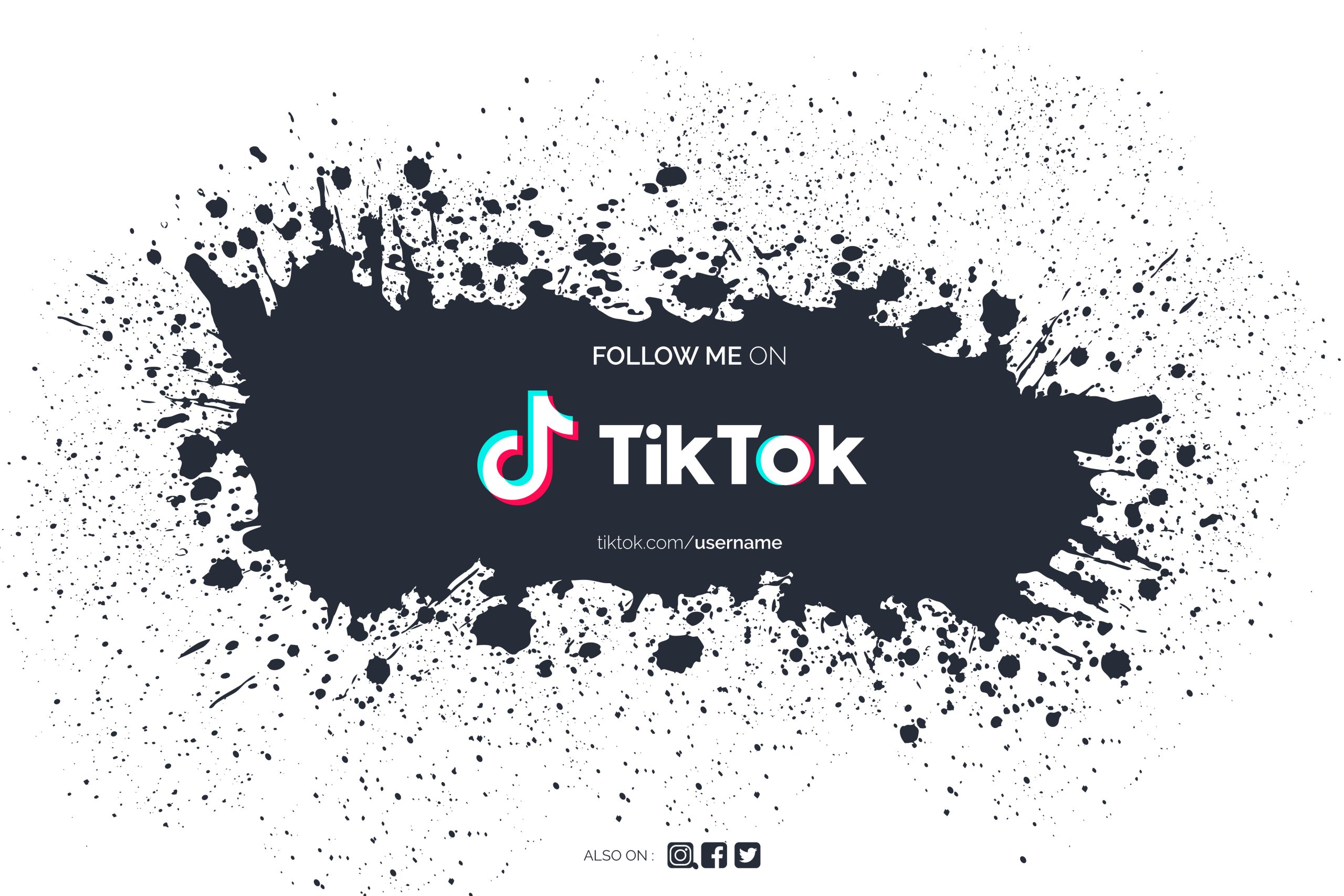ByteDance, known for its wildly popular video-sharing app TikTok, has recently made moves into the VR space with the creation of its own VR headset and the acquisition of Pico Interactive, a Chinese VR headset maker. Meanwhile, Meta has already established a foothold in the VR market with its Oculus VR headset and has been investing heavily in VR development.
The battle between these two companies for dominance in the VR app development market is heating up. Here’s what we know so far:
ByteDance’s VR ambitions
ByteDance’s entry into the VR space began with the launch of its first VR headset, the Pico U, in 2020. The headset was aimed at the Chinese market and was sold exclusively through Pico Interactive’s online store.
In October 2021, ByteDance announced its acquisition of Pico Interactive, giving the company direct access to Pico’s VR headset technology and expertise. Pico Interactive’s VR headsets are popular in China and are known for their portability and ease of use.
With the acquisition of Pico Interactive, ByteDance aims to create a VR ecosystem that includes hardware, software, and content. In a statement, ByteDance said the acquisition would “accelerate our development and strengthen our capabilities in both VR hardware and software.”
ByteDance has also been investing in VR content development. The company has launched several VR experiences on its Douyin app, the Chinese version of TikTok. These experiences include a VR music festival and a VR travel show.
Meta’s VR domination
Meta, formerly known as Facebook, has been in the VR space for several years. The company’s Oculus VR headset has been a popular choice among gamers and VR enthusiasts since its launch in 2016.
In addition to hardware, Meta has been investing heavily in VR content development. The company has launched several VR experiences, including a virtual workspace called Horizon Workrooms and a social platform called Horizon Worlds.
Meta’s CEO Mark Zuckerberg has been a vocal advocate for the future of VR, stating in a recent earnings call that “VR is going to be the next computing platform.”
The race for VR app developers
As ByteDance and Meta continue to invest in VR hardware and software, the battle for VR app developers is heating up. Both companies are offering incentives to developers to create VR content for their platforms.
ByteDance has launched a VR development fund, offering up to 1 billion yuan ($155 million) in funding to developers who create content for its VR platform. The company is also offering revenue sharing for developers who create successful VR experiences.
Meta has also been offering incentives for VR developers. In December 2021, the company announced it would be offering $10 million in prizes to developers who create innovative VR experiences on its platform.
The future of VR
The race between ByteDance and Meta for VR app developer supremacy is just one example of the increasing competition in the VR space. With more and more companies investing in VR technology, the market is expected to grow rapidly in the coming years.
According to a report by Research And Markets, the global VR market is expected to reach $62.1 billion by 2027, growing at a compound annual growth rate of 28.6% from 2020 to 2027.
As the VR market continues to grow, it will be interesting to see how companies like ByteDance and Meta continue to innovate and compete in this space.




